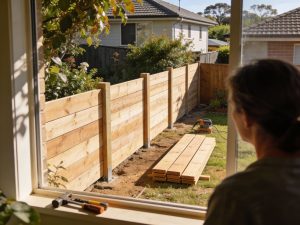One of the most common causes for disputes regarding construction contracts is whether the owner can terminate the contract for defective building work or must provide the builder with the opportunity to rectify any such defects.
The first step is to determine whether a defect in fact exists. In NSW, defective building falls into two categories; major defects (e.g., a building to be uninhabitable or under threat of collapse) or usual defects (all other defects). The rights and obligations of the builder and owner vary depending on how the defect is classified. Unsurprisingly, there are generally disagreements between the owner and builder about whether a certain defect is major or not, or indeed if it can be classified as a defect at all.
Even if the owner can prove a defect exists, and the defect is properly characterised, the arguments do not end there. The next issue is whether the builder has the first right to rectify such defects. At this stage, there has often been a breakdown in trust between owner and builder. The builder will generally want the first right to rectify the issue. However, given the previous defective construction work and related disputes, the owner may not trust the builder to properly rectify its mistakes, and instead seek a new builder to take over the project.
The NSW Supreme Court decision in Di Blasio Constructions1 has provided some helpful guidance on this issue. The Court held that is generally accepted that the owner must give the builder a reasonable opportunity to rectify any construction defects, even if the contract does not expressly require this. However, this does not apply where the owner’s refusal to give the builder that opportunity is reasonable or where the builder has repudiated the contract by refusing to conduct any repairs.
The onus is on the builder to prove the owner has acted unreasonably in refusing access. In determining whether the owner’s refusal is reasonable, the courts will consider all the circumstances of the relevant case. Special circumstances where a homeowner would not need to give access to the builder include threats or violence from the builder or the builder’s licence being subsequently suspended or cancelled. Another relevant factor for the courts to consider is whether, in the light of the builder’s past failure in attempting to rectify the defects, the owner has reasonably lost confidence in the willingness and ability of the builder to fix the defect. As can be seen from the above, construction disputes can be complex and involve technical legal arguments. If you are a party to a construction contract where a defect has been alleged, no matter what side of the contract you are on, it is vital to be aware of your legal rights and obligations.






